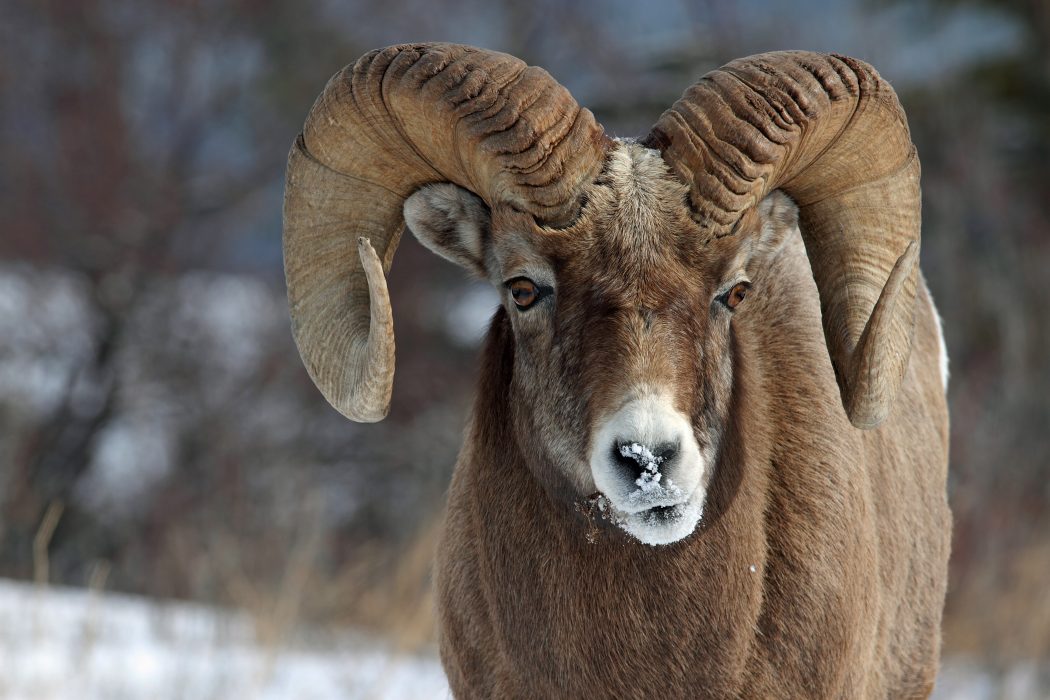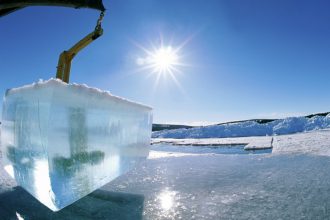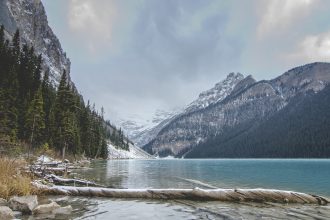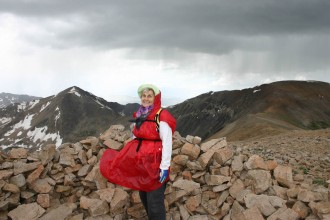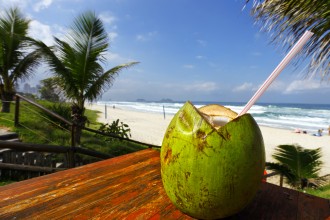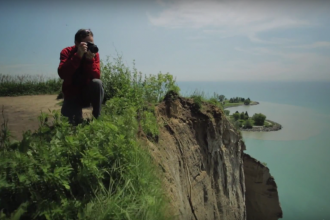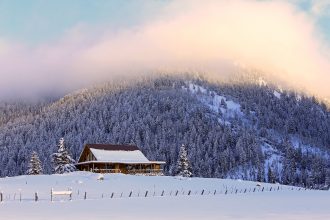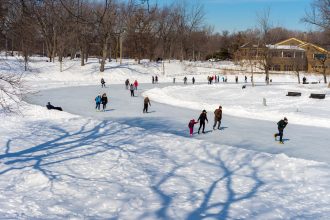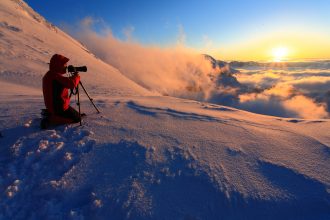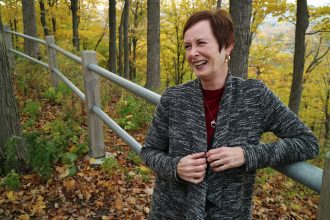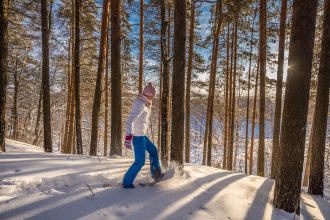If you care about Canadian wildlife, good news can feel rare these days. Bears are being hunted for sport, whales are washing ashore and getting tangled in cables, and pesticide use is wreaking havoc on natural ecosystems. Fortunately, there are plenty of Canadians fighting back against the destruction of wildlife and its habitats. Canadians have a reputation for caring about the environment, and it’s more important that we carry that torch than ever.
Here are just a few inspiring Canadians who are helping wildlife in Canada.
David Suzuki

Photo courtesy of CTV News
David Suzuki is the honorary grandfather of environmentalism and conservation in Canada. He has devoted his life to educating people about wildlife and natural ecosystems, and at 80 years old, he remains a determined activist, lobbying the government to make positive change for the environment. Suzuki studied biology in university and went on to become a professor of genetics, but he’s best known for his long-running tv show, The Nature of Things, which he has hosted since 1979. Through this show, Suzuki has gotten millions of Canadians interested in wildlife, science, and conservation, and for his work, he has been awarded a medal by the UN Environmental Programme.
Suzuki hasn’t rested on his laurels, though. He continues to be outspoken about issues like climate change and habitat destruction. Through his David Suzuki Foundation, Suzuki works on initiatives such as pressing to the government to create protections for grizzly bears and working to ensure we protect ocean habitats. Suzuki’s boundless energy and enthusiasm for protecting the planet are contagious, though he places the work of protecting our world above pleasing everyone. In his own words: “Protecting the biosphere should be our highest priority or else we sicken and die. Other things, like capitalism, free enterprise, the economy, currency, the market, are not forces of nature, we invented them. They are not immutable and we can change them.”
Douglas Neasloss

Photo courtesy of pull-together.ca
From Standing Rock to the Great Bear Rainforest, First Nations People are often leaders in the fight to protect natural areas and habitats. In Canada, Douglas Neasloss has dedicated himself to protecting the bears of the Great Bear Rainforest in BC. Neasloss is the elected chief councillor of the Kitasoo/Xai’xais First Nation, and besides being a bear guide in the rainforest, he’s also on the board of directors of the Spirit Bear Research Foundation and a member of the Bears Forever project, devoted to ending trophy hunting in the rainforest. As part of this group, Neasloss has helped institute a First Nations–led ban on trophy hunting. The group wants trophy hunting in the Great Bear Rainforest to be made illegal, but in the meantime, Neasloss is taking it upon himself to spread the message. This summer, he was part of a group that put up their own signs in the area: “Trophy Hunting is Closed in the Great Bear Rainforest. Respect our Traditional Laws.”
David Richard Boyd

Photo courtesy of davidrichardboyd.com
Many environmentalists try to create change from outside the legal system, but David Richard Boyd works from within it. Boyd is a lawyer whose practice has focused on environmental law and policy. He is the author of The Right to a Healthy Environment, which argues for a constitutional recognition for the right to a healthy a environment, The Optimistic Environmentalist, which looks at successful environmental initiatives around the world, and many other books on environmental policy. While Boyd’s work often focuses on the human perspective and our need for nature, the policies he has advocated for would protect the homes and lives of countless species of wildlife.
Edith Smeesters
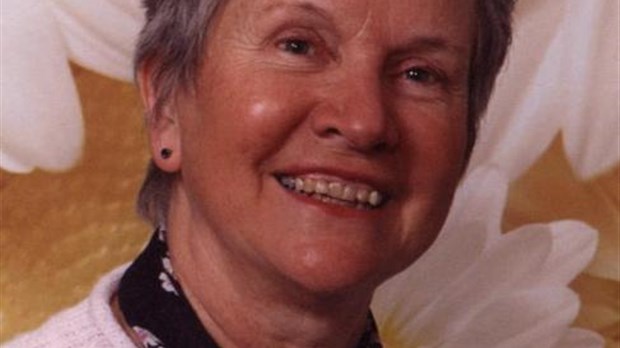
Photo courtesy of www.infodimanche.com
Biologist Edith Smeesters has been doing great things for wildlife since the 1970s. She’s an advocate for organic lawn care, a practice which protects the plants and animals that live alongside us, and she founded Nature-Action Quebec, a charitable organization that helps people and organizations adopt environmental practices. Smeesters also helped to implement Quebec’s Pesticides Management Code, a regulation that sets standards for the control and use of pesticides in the province. Pesticides can be massively harmful to wildlife (not to mention humans), so keeping their use to a minimum has huge benefits for helpful insects, birds, and other wildlife.
Jackie Hildering
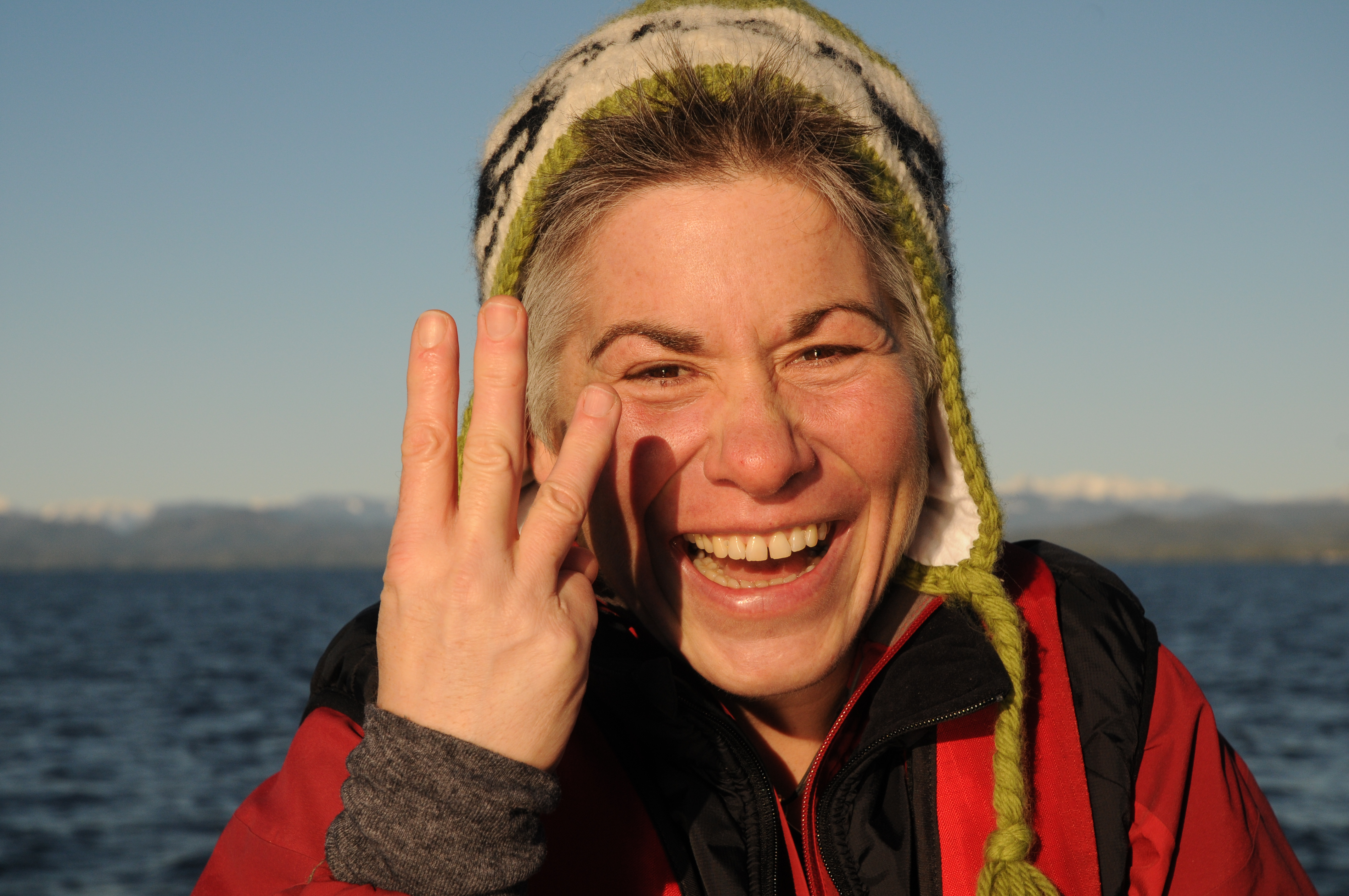
Photo courtesy of themarinedetective.com
Jackie Hildering is an ocean researcher and conservationist who approaches wildlife protection with a sense of joy and fun. Through her website, The Marine Detective, Hildering shares her amazing underwater photos, writes about marine conservation issues, and fundraises and spreads the word about work being done to protect whales and other coastal marine animals. In her blog, Hildering offers ideas of things the rest of us can do to help ocean ecosystems. She cofounded the Marine Education and Research Society, which does research on whales off the west coast and has drawn attention to the issue of whales becoming entangled in fishing lines. She’s pushing for stronger regulations to prevent humpbacks from being entangled—and with the public’s support, hopefully she can get the government to listen.
Also on RNR:

